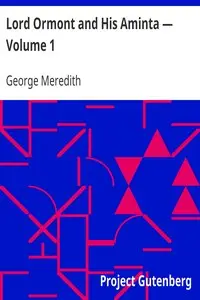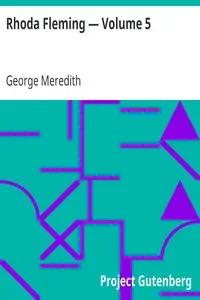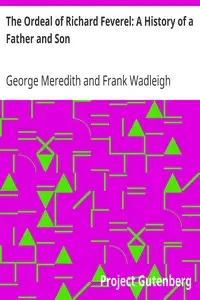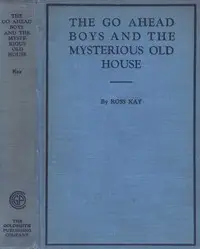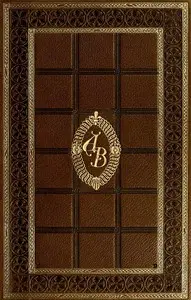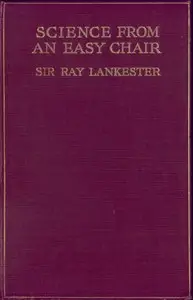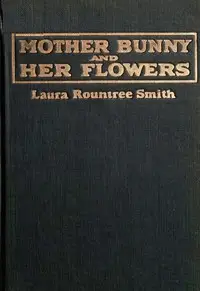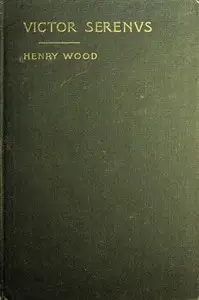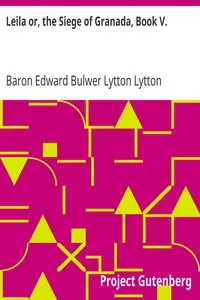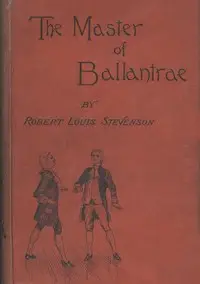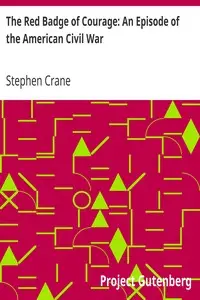"Vittoria — Volume 1" by George Meredith is a novel written in the late 19th century. The narrative appears to explore themes of Italian nationalism and personal sacrifice against the backdrop of historic uprisings, focusing on a group of Italian characters who are deeply intertwined with their country's fate. Central to the story is Signorina Vittoria, a young and passionate cantatrice whose artistic pursuits become entangled with the political struggles of her time, along with Carlo Ammiani and other companions who are committed to freeing Italy. At the start of the book, the stage is set on the picturesque Monte Motterone, where five climbers pause to absorb the stunning landscape and engage in spirited conversations. Among them is Carlo Ammiani, who emerges as a significant figure passionate about the Italian cause. The interactions highlight a mix of humor, skepticism, and determination as they discuss the implications of their actions in light of the expected rebellion. The opening chapters introduce the central themes of friendship, loyalty, and the looming threat of oppression, leading up to the arrival of the celebrated cantatrice, Vittoria, who is poised to play a crucial role in the unfolding events surrounding the insurrection in Italy. (This is an automatically generated summary.)

Vittoria — Volume 1
By George Meredith
"Vittoria — Volume 1" by George Meredith is a novel written in the late 19th century. The narrative appears to explore themes of Italian nationalism a...
George Meredith was an English novelist and poet of the Victorian era. At first, his focus was poetry, influenced by John Keats among others, but Meredith gradually established a reputation as a novelist. The Ordeal of Richard Feverel (1859) briefly scandalised Victorian literary circles. Of his later novels, the most enduring is The Egoist (1879), though in his lifetime his greatest success was Diana of the Crossways (1885). His novels were innovative in their attention to characters' psychology, and also portrayed social change. His style, in both poetry and prose, was noted for its syntactic complexity; Oscar Wilde likened it to "chaos illumined by brilliant flashes of lightning". Meredith was an encourager of other novelists, as well as an influence on them; among those to benefit were Robert Louis Stevenson and George Gissing. Meredith was nominated for the Nobel Prize in Literature seven times.


